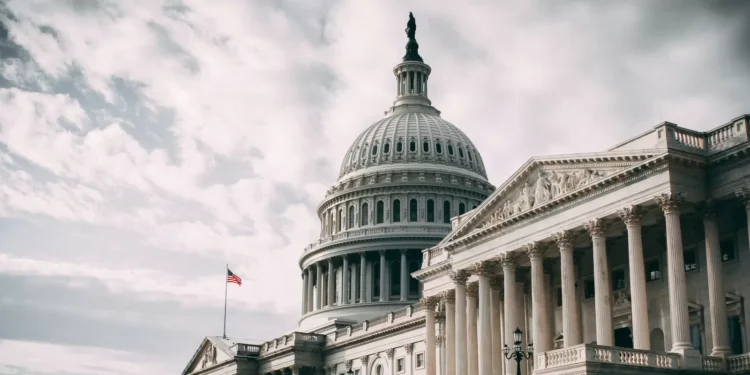The Biden administration has taken a significant step towards evidence-based policymaking by releasing a 102-page Blueprint for the Use of Social and Behavioral Science. This move highlights the administration’s commitment to utilizing social and behavioral science in crafting policies for the federal government.
The blueprint, released by U.S. President Joseph Biden’s administration, serves as a marker for the use of social and behavioral science in policymaking. It outlines the importance of incorporating scientific evidence and data into policy decisions to ensure their effectiveness and success.
The release of this blueprint is a significant development in the field of social and behavioral science. It recognizes the crucial role that these disciplines play in shaping policies that have a positive impact on society. By acknowledging the value of social and behavioral science, the Biden administration has set a precedent for future administrations to follow.
The blueprint lays out a comprehensive framework for incorporating social and behavioral science into policymaking. It emphasizes the need for collaboration between policymakers and social and behavioral scientists to develop evidence-based policies that address complex societal issues. This approach will not only improve the quality of policies but also increase their chances of success.
One of the key aspects of the blueprint is its focus on diversity and inclusion. It recognizes the importance of considering diverse perspectives and experiences in policymaking to ensure that policies are equitable and inclusive. This is a crucial step towards addressing systemic inequalities and promoting social justice.
The Biden administration’s emphasis on utilizing social and behavioral science in policymaking is a welcome change. In recent years, there has been a growing recognition of the role that these disciplines play in shaping policies. However, their incorporation into policymaking has been limited, and their potential has not been fully realized. The release of this blueprint marks a significant shift towards utilizing social and behavioral science to its full potential.
The use of social and behavioral science in policymaking has numerous benefits. It allows policymakers to make informed decisions based on scientific evidence and data, rather than relying on intuition or personal beliefs. This approach can lead to more effective and efficient policies that have a positive impact on society.
Moreover, incorporating social and behavioral science into policymaking can also help identify and address potential unintended consequences of policies. By understanding human behavior and decision-making processes, policymakers can anticipate how people may respond to different policies and make necessary adjustments to ensure their success.
The blueprint also highlights the importance of transparency and accountability in policymaking. It calls for the use of rigorous evaluation methods to assess the effectiveness of policies and make necessary adjustments. This approach ensures that policies are continuously evaluated and improved to achieve their intended goals.
The release of this blueprint is a significant step towards strengthening the relationship between social and behavioral science and policymaking. It recognizes the value of evidence-based policymaking and sets a precedent for future administrations to follow. By incorporating social and behavioral science into policymaking, the Biden administration is demonstrating its commitment to promoting the well-being of society and addressing complex societal issues.
In conclusion, the Biden administration’s release of the Blueprint for the Use of Social and Behavioral Science is a positive and encouraging development. It highlights the crucial role that social and behavioral science play in shaping policies and promoting evidence-based policymaking. This blueprint serves as a guide for future administrations to utilize social and behavioral science to its full potential and create policies that have a positive impact on society. Let us hope that this blueprint will pave the way for a more collaborative and evidence-based approach to policymaking in the years to come.



